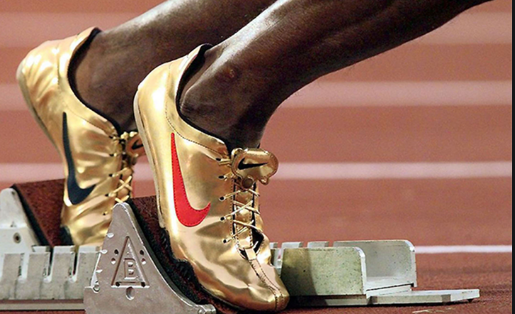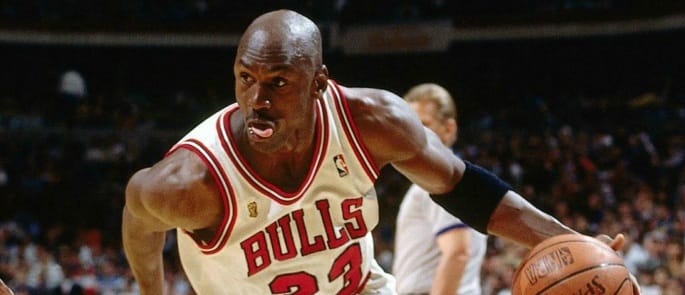Ambush marketing was introduced by Jerry C Welsh during his work for American Express. It is necessary to mention that the current definition of ambush marketing is slightly different from the original one. This paper will discuss the actual meaning of ambush marketing and its role in the sphere of sports. In addition to that, the paper will touch on legal issues connected to ambush marketing.
At first, it is necessary to look closer at the exact meaning of ambush marketing. The first definition of the term “ambush marketing” meant the act of creation of a false association with a particular event (Johnson, 2020). However, the definition of the term has drastically changed. According to the definition provided by the Scottish Parliament, ambush marketing is “an act or series of acts intended specifically to advertise within an event zone at a prohibited time a good or service, or a person who provides a good or service” (Johnson, 2020, p.313). One example of ambush marketing is the campaigns of the unofficial king of ambush marketing, Nike. In 1992, during the Summer Olympics, the most significant American basketball player Michael Jordan used an American flag that served to hide the logo of the rival and official sponsor of Olympics 1992, Reebok (Littwin, 2020). Jordan can be considered as the face of Nike, which leads to the strong associations to the mention sport merchandise company and its products. Although Nike was not among the official sponsors, this Jordan’s move led to the promotion of the given company.


The use of ambush marketing in my example can be considered successful since it helps the advertiser (Nike) to get more attention from potential customers without putting too much effort. In this case, the legitimate sponsor could prevent ambush marketing by strictly defining the requirements that should be met during particular sport events. For example, it could be the statement that the logo cannot be hidden by other objects or clothes. The legal issues related to ambush marketing might be brand and intellectual property protection. Many marketers admit that they are playing at the edge of the path, but they consider ambush marketing as “a legitimate form of defensive and competitive behavior” (Santos, 2014, p.194). Therefore, a marketer will not officially use legal laws while using ambush marketing.
References
Johnson, P. (2020). Defining the indefinable: Legislating for “ambush marketing”. Journal of Intellectual Property Law & Practice, 15(5), 313–314, Web.
Littwin, M. (2020). Baltimore Sun – we are currently unavailable in your region. Web.
Santos, M. (2014). Strategies in sports marketing. IGI Global.